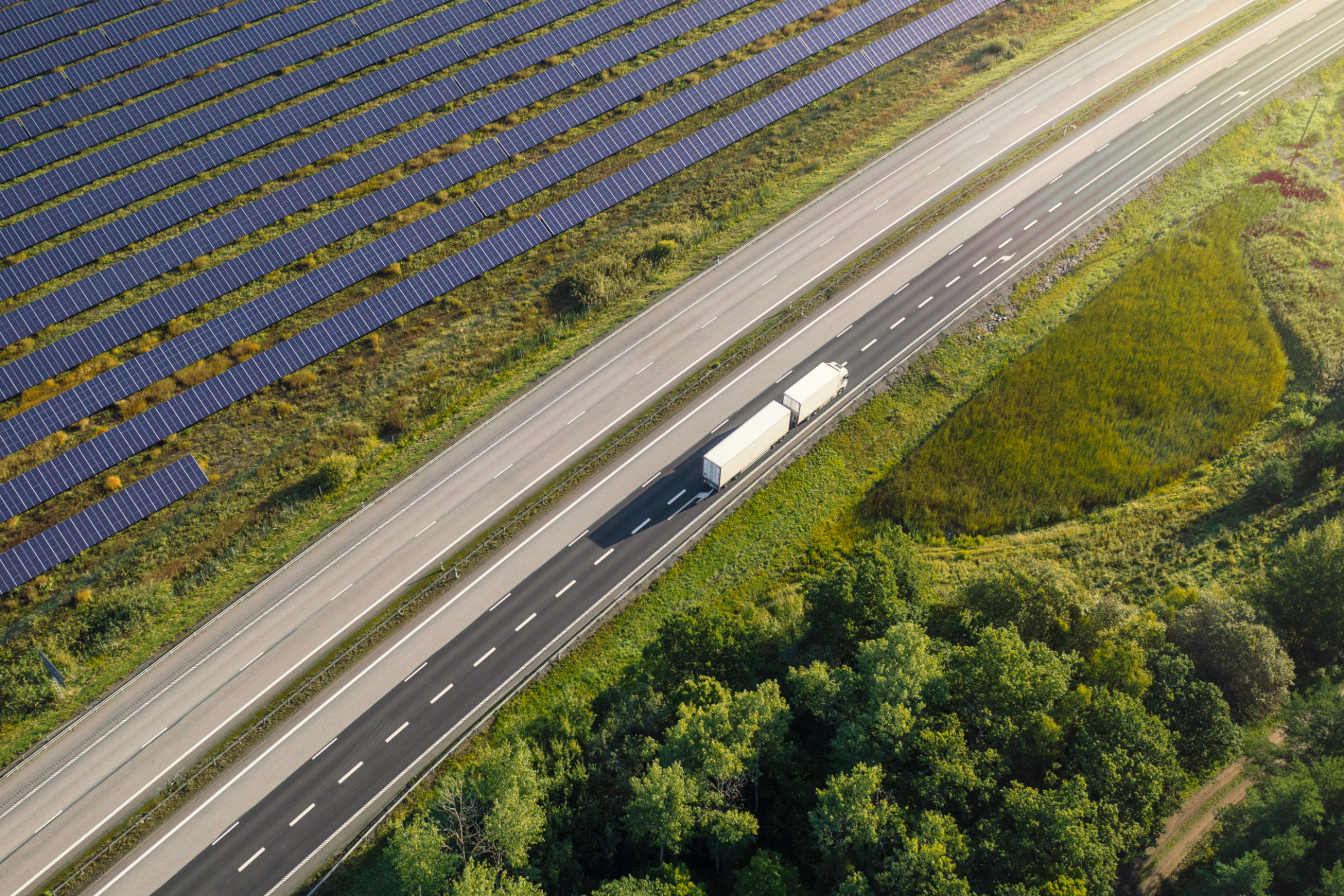Top Trends in Sustainable Economics: What You Need to Know
Rising Importance of Circular Economy
The circular economy is rapidly gaining traction as a sustainable economic model. Unlike the traditional linear economy, which follows a 'take, make, dispose' approach, the circular economy emphasizes resource efficiency and waste reduction. By keeping products and materials in use for as long as possible, this model minimizes waste and maximizes value. Businesses are increasingly adopting circular strategies to improve sustainability and reduce environmental impact.

Key practices in the circular economy include designing for longevity, promoting repair and reuse, and implementing closed-loop recycling systems. Companies that embrace these practices not only contribute to environmental sustainability but also benefit from cost savings and enhanced brand reputation.
Green Finance: Investing in the Future
Green finance is another significant trend in sustainable economics. It refers to financial investments made in projects or initiatives that support environmental sustainability. Green bonds, sustainable mutual funds, and eco-friendly banking products are becoming more prevalent as investors seek opportunities that align with their values.
Governments and financial institutions are also playing a crucial role by establishing regulations and frameworks that encourage green investments. The growth of green finance is expected to accelerate as awareness of climate change and environmental issues continues to rise.

The Role of Technology in Sustainable Economics
Technology is a powerful enabler of sustainable economics, driving innovation across various sectors. Digital platforms, artificial intelligence, and blockchain technology are being leveraged to enhance transparency, optimize resource management, and reduce carbon footprints. These technologies offer new possibilities for businesses to operate more sustainably.
For instance, blockchain can improve supply chain transparency by providing an immutable record of product origins and transactions. Similarly, AI-driven analytics enable companies to optimize energy usage and reduce waste.
Sustainable Supply Chain Management
Sustainable supply chain management is critical for businesses aiming to minimize their environmental impact. This trend emphasizes ethical sourcing, reducing carbon emissions, and enhancing labor conditions throughout the supply chain. Companies are increasingly auditing their suppliers to ensure compliance with sustainability standards.

By integrating sustainability into their supply chains, businesses not only meet regulatory requirements but also appeal to consumers who prioritize ethical consumption. This approach can lead to increased customer loyalty and a competitive advantage in the marketplace.
Consumer Demand for Sustainable Products
Consumer demand for sustainable products is on the rise, influencing companies to rethink their product lines and marketing strategies. Today's consumers are more informed and environmentally conscious, seeking products that align with their values. This shift in consumer behavior is driving companies to innovate and offer eco-friendly alternatives.
Businesses that successfully tap into this demand can differentiate themselves in a crowded market and build a loyal customer base committed to sustainability. As more consumers prioritize sustainability, the market for green products is expected to expand significantly.
The Future of Sustainable Economics
The future of sustainable economics looks promising as businesses, governments, and consumers increasingly recognize the importance of environmental stewardship. The integration of sustainability into economic practices is not only a moral imperative but also a strategic advantage.
As these trends continue to evolve, they will reshape industries and drive the transition toward a more sustainable global economy. By staying informed and adapting to these changes, businesses can position themselves as leaders in the movement toward sustainability.